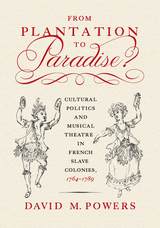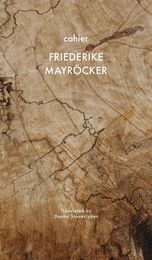

For more than a millennium, fatwas have guided and shaped Muslim understandings of Islamic law. The whole world knows of Ayatollah Khomeini’s fatwa in the Salman Rushdie case, yet this key institution in Muslim society has not been the subject of a major examination until now.
Ranging in import from the routine to the revolutionary, and in form from one-line answers to short treatises, fatwas have served to reaffirm received wisdom, caution against error, and chart novel responses to changing circumstances. The interpreters, the muftis of Islam, have included the greatest independent scholars of the ages, heads of large state bureaucracies, and unassuming jurists in local districts. Their vital task, which continues today in published collections as well as on radio and television, is to strive to interpret God’s design for the Muslim community.
Islamic Legal Interpretation uses an approach unique in Islamic studies, a casebook of expert analyses of fatwas from a wide range of times and places. The editors’ first chapter sets forth the origins, classical diversity, and modern development of the fatwa, while the following chapters illustrate particular opinions and their contexts. The approach throughout is interdisciplinary, as historians, lawyers, language specialists, and social scientists address fatwas as fundamental sources on both Islamic legal thought and Islamic social history.
READERS
Browse our collection.
PUBLISHERS
See BiblioVault's publisher services.
STUDENT SERVICES
Files for college accessibility offices.
UChicago Accessibility Resources
home | accessibility | search | about | contact us
BiblioVault ® 2001 - 2024
The University of Chicago Press









